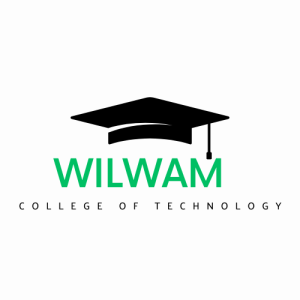
An Introduction to Computer Science course typically covers foundational concepts and skills necessary for understanding how computers work and how to write simple programs. Below is a general outline of what such a course might include:
Course Objectives
By the end of this course, students should be able to:
-
Understand basic computer components and their functions.
-
Learn fundamental programming concepts and problem-solving techniques.
-
Understand data structures and algorithms for efficient computing.
-
Explore software development and debugging principles.
-
Gain exposure to cybersecurity, databases, and artificial intelligence.
Course Topics
-
Introduction to Computers and Computing
-
History and evolution of computers
-
Hardware and software components
-
Operating systems and applications
-
-
Programming Fundamentals
-
Introduction to programming languages (Python, C++, Java, etc.)
-
Variables, data types, and operators
-
Control structures (loops and conditionals)
-
-
Data Structures and Algorithms
-
Arrays, linked lists, stacks, and queues
-
Sorting and searching algorithms
-
Problem-solving and computational thinking
-
-
Software Development and Debugging
-
Writing, testing, and debugging code
-
Version control systems (e.g., Git)
-
-
Databases and Data Management
-
Introduction to databases and SQL
-
Data storage and retrieval
-
-
Cybersecurity and Ethics
-
Computer security threats and protections
-
Ethical considerations in computing
-
-
Artificial Intelligence and Emerging Technologies
-
Basics of AI and machine learning
-
Cloud computing and the Internet of Things (IoT)
-
- Teacher: Admin User
